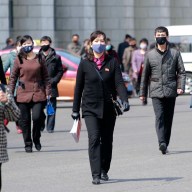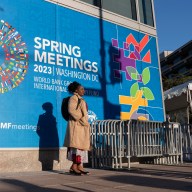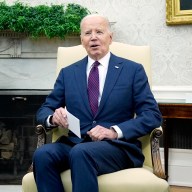Acupuncture builds a bridge between modern and traditional medicine; Dr. Steven Aung, a sixth-generation practitioner of traditional Chinese medicine and a fully trained medical doctor, crosses it regularly.
The University of Alberta medical professor offers both treatments out of his Edmonton office. He learned acupuncture from his grandfather. “He said to me that we have to be also trained in Western medicine so that we can integrate the two medicines to use the best out of both,” Aung explains. “We try to lighten up all the darkness which is called disease and disorder.”
Unlike modern medicine, acupuncture is not easily tested by double-blind techniques, Aung says. Its effectiveness is “evidence based” — how patients respond to treatment. It’s about self-healing, he says, returning the body to a healthy state. “You are able to re-adjust the whole physiology of internal organs.”
In China, Aung says it’s explained by “chi” energy flowing over the skin. The chi is disrupted, causing pain, and acupuncture unblocks the energy. “In Western medicine, they don’t believe in this, so they go by ‘influence circulation’ and ‘influence general well-being,’” Aung explains.
The doctor, who received the Order of Canada in 2005, says he uses whichever tool will be more helpful. “You have to look at a person as a whole, rather than just a part of a body. In Western medicine, we have a lot of compartmentalization.”
The Alberta College of Acupuncture and Traditional Chinese Medicine offers a three-year diploma. “The prerequisites aren’t that heavy; high school maths and sciences,” Dr. Dennis Lee says. “You learn all your points, how to use them, how to needle and how to treat a broad range of conditions.
“It’s based on regulating your own body to heal itself. We’re not adding anything new into the system, it’s just working on many different levels — hormonal, neural, muscular, skeletal and digestive.”
After the program, would-be practitioners complete a provincial government licensing exam. The weekend-long test is split into a six-hour practical and four-hour written section.
It’s perfectly legal for unlicensed people to offer acupuncture, but Lee says for the best care, you’ll want to make sure they’ve passed the government test.












